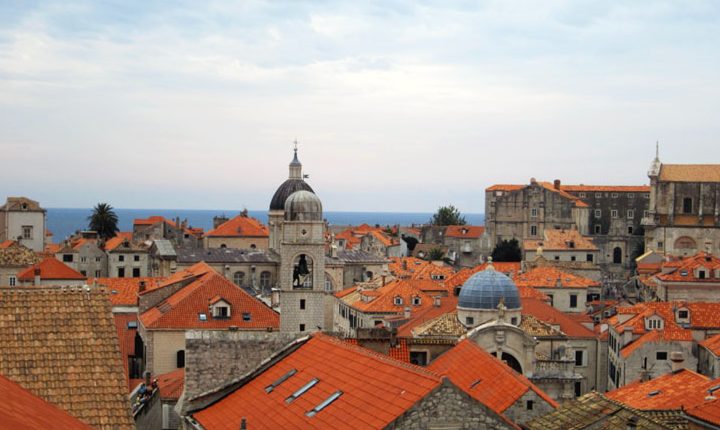Laodicea is the last city mentioned in the letters of Christ. Sir William Ramsey calls it “the city of compromise.” It was founded by Antiochus II between 261-246 B.C. He was a ruler from the Seleucid Empire, which was one of the kingdoms formed after Alexander the Great’s empire split. The city was built in Seleucid territory, although it was originally part of a larger region ruled by Lysimachus.
Location of Laodicea
Laodicea was about 40 miles inland from Ephesus, near the Lycus River, which flows into the Maeander River. It stood at a place known as the “Gate of Phrygia.” The city was a major stop for camel caravans coming from the Oriental East. These caravans passed through Laodicea on their way to Ephesus, Miletus, and Smyrna (now called Izmir). The city was located in a beautiful valley. Today, most of the ruins are covered with wild oats A Moment of Christian Love.
History and Meaning of the Name
Laodicea’s name means “justice of the people.” It was named after Laodice, the wife of Antiochus II. Although other cities had the same name, this Laodicea was the most famous.
Religious and Social Importance
In the valley near Laodicea, there was a large temple dedicated to Men Karou, the ancient god of that region. This was the center of life in the area. People came from all over to trade at the market, which was a major part of society, including religion, administration, and trade. The market in Laodicea might remind us of the big markets like the one in Istanbul today.
Wealth and Culture
Laodicea was a wealthy city with strong commerce and a strong Greek culture. It had a famous medical school, though it was very primitive and pagan. One of the important products from Laodicea was Phrygian powder, a medicine used for eye and ear problems Istanbul Tour Guide.
Laodicea was also a center of banking and finance. Cicero, the famous Roman orator, is said to have come here to cash his notes. People in the city worshiped Zeus (also called Jupiter).








